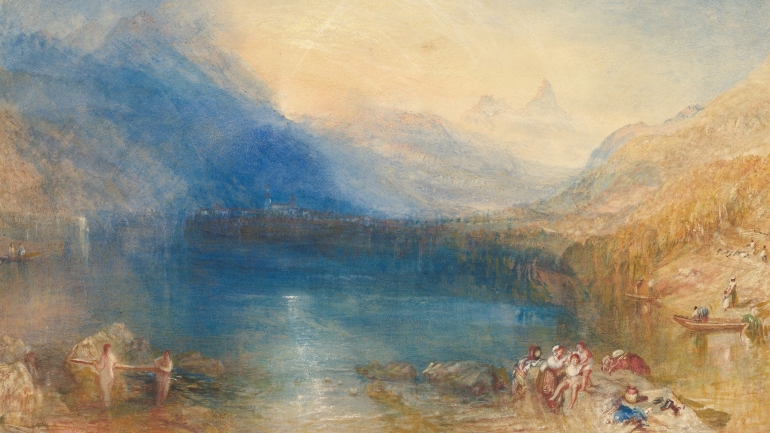Scientia Education Academy Lecture Series
How do we move our teaching from the mechanical to the ‘ah!’ moment?
Mechanics are extremely important, but moving beyond them is also important. There is much to be learned from poetry in thinking about this issue. Join us as Prof Prue Vines tries to develop the area of teaching we are mostly too afraid to think we can pursue – inspiration, the development of wisdom, and when do we know we know things.
---
It may be surprising to think that the law teacher might be analogised to the poet, but there are many similarities and sometimes an unusual analogy is more illuminating than a more usual one. In teaching we often have to teach mechanics and skills – in law, how to read a case, how to read a statute, how to do a problem question, how to draft an advice etc. For all these things practice is vital and the process is one of doing the thing again and again until it becomes second nature. But teaching law is much more than that. One of the fundamental things required of lawyers is that they come to judgment. Judges, of course, must come to judgment, but ultimately all lawyers need to develop the art of coming to judgment which is more than mechanical, has turned from mechanical to art, and at its best requires inspired insight into human conditions and the possibilities of law. It may indeed require wisdom. To even think about this is daunting. Some would regard it as a ridiculous aspiration.
But this brings us to poetry and poets. What the poet seeks to do in poetry is to go beyond the obvious, to illuminate things that are often ignored, to lift or lower the spirit as part of the development of insight, to instil in the listener or reader a sense that there is more than just the words on the page. The techniques the poet uses to achieve these things vary from following strict rules to breaking the rules, using our human-ness to force us to see differently and letting emotion into the process. Law teachers can learn from both the aspirations and the techniques of the poet. I want to draw on this analogy to help us, inspire us? to try to achieve transcendence in the teaching of law.
*transcendence – ‘going beyond’, ‘beyond ordinary limitations’
Learn more about Prue Vines
Prue has been teaching in the Faculty of Law for 28 years and has been Director of First Year Studies since 1996.
Prue is very interested in supporting students towards independence by creating systems that allow the kind of risky behaviour that best creates learning. To that end, she (with other people all the way) have set up the Law Peer Tutor Program, trained students in the Law Mentoring Program, mentored teachers in her team to work towards the independent learner, sought to challenge students always. Read more.

